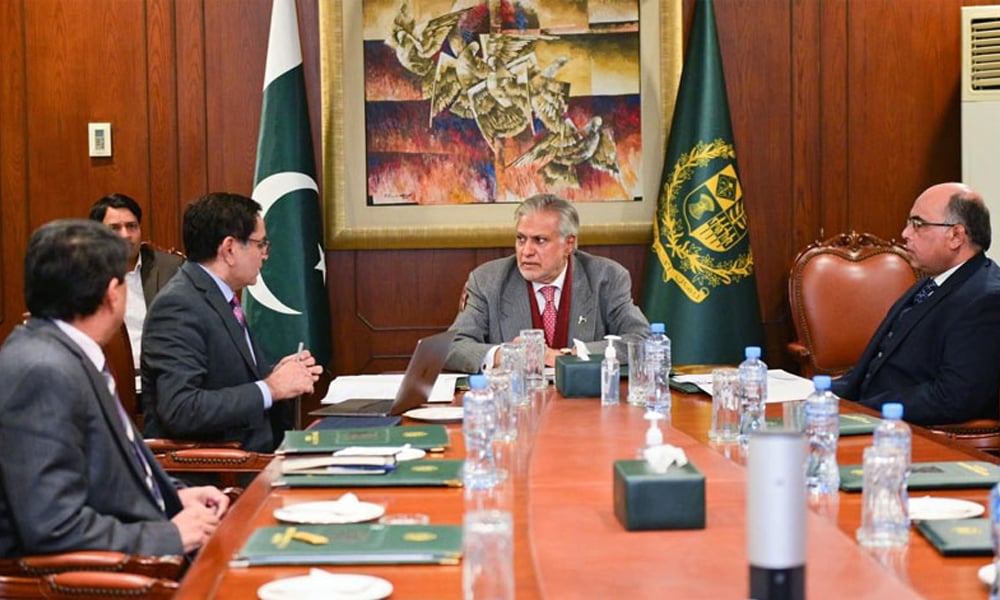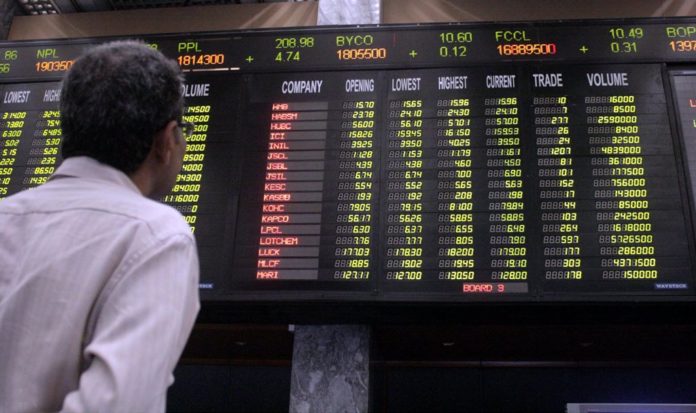PTBP Web Desk
The Special Investment Facilitation Council (SIFC) is set to deliberate on a range of critical energy sector issues in a meeting scheduled for today (Wednesday). The agenda includes significant decisions regarding the sale of 35% of gas from new discoveries to third parties, amendments in Greenfield Refinery Projects, and resolving long-standing challenges with Karachi Electric (KE). These discussions are pivotal for shaping Pakistan’s energy policies and ensuring operational continuity in the sector.
One of the key issues to be discussed is the proposed sale of 35% of gas from new discoveries to third parties. This policy aims to liberalize the gas market and foster competition. However, the Sindh Government has voiced opposition to this move, citing potential regional disparities and economic implications. The SIFC will evaluate regulatory interventions and consider the recommendations from the Council of Common Interests (CCI). Deputy Prime Minister Ishaq Dar’s apex committee has already provided guidance on this matter, which will form the basis of the council’s decision-making.
The upgradation of the Brownfield Refineries Policy is another significant item on the agenda. The Finance Bill 2024 introduced changes, such as adjustments to import duties, taxes, and levies, which could impact refinery operations and modernization. The committee will also address amendments to the Greenfield Refineries Policy, particularly concerning the Trans-Asia Refinery Ltd., which seeks approval to use pre-owned equipment for establishing a new refinery. Such amendments could pave the way for cost-efficient refinery development and increase Pakistan’s refining capacity.
The council will also address the enduring issue of Karachi Electric. Discussions will revolve around hydel projects that are currently at the Letter of Intent (LOI) stage. With 47 LOI holders awaiting final recommendations from the Power Division, the resolution of this matter is crucial for ensuring reliable power supply to Karachi, the country’s economic hub.
The progress on offshore oil and gas exploration and the bidding process will also be reviewed. Additionally, the committee will explore options for supplying 50 million cubic feet per day (mmcfd) of gas to the National Steel Corporation Limited (NSCL). These initiatives aim to enhance domestic energy production and reduce reliance on imported fuels.
The meeting will be briefed on the implications of recent judicial decisions, including the Balochistan High Court’s verdict on revived gas bills and the ongoing appeal at the Supreme Court of Pakistan. Furthermore, the Sindh High Court’s reserved decision regarding gas tariffs will be discussed. These legal developments could significantly influence the regulatory landscape of Pakistan’s energy sector.
The rationalization of LNG imports vis-à-vis domestic consumption is another critical topic. The council will evaluate the operational continuity of liquid and LPG terminals at Port Qasim, alongside solutions for off-grid captive power industries and on-grid power users utilizing gas as fuel.
In the power sector, the committee will examine the progress of Cat-III wind and solar projects within the scope of the Indicative Generation Capacity Expansion Plan (IGCEP) for 2024-34. The availability of renewable energy projects and the approval of the 7.8-MW Riyali Power Plant are key focus areas. These projects are vital for diversifying Pakistan’s energy mix and achieving sustainability goals.
The Secretary of the Power Division will present updates on power transmission and ancillary services projects. Key initiatives include:
- The 500kV Ghazi/Barotha-Faisalabad West Transmission Line.
- The 500kV Matiari-Moro-Rahimyar Khan Transmission Line.
- The deployment of 2,000 MVAR compensation devices.
- A 1,000MW battery energy storage system (BESS).
These projects aim to strengthen Pakistan’s transmission infrastructure, ensuring efficient power distribution and reducing energy losses.




